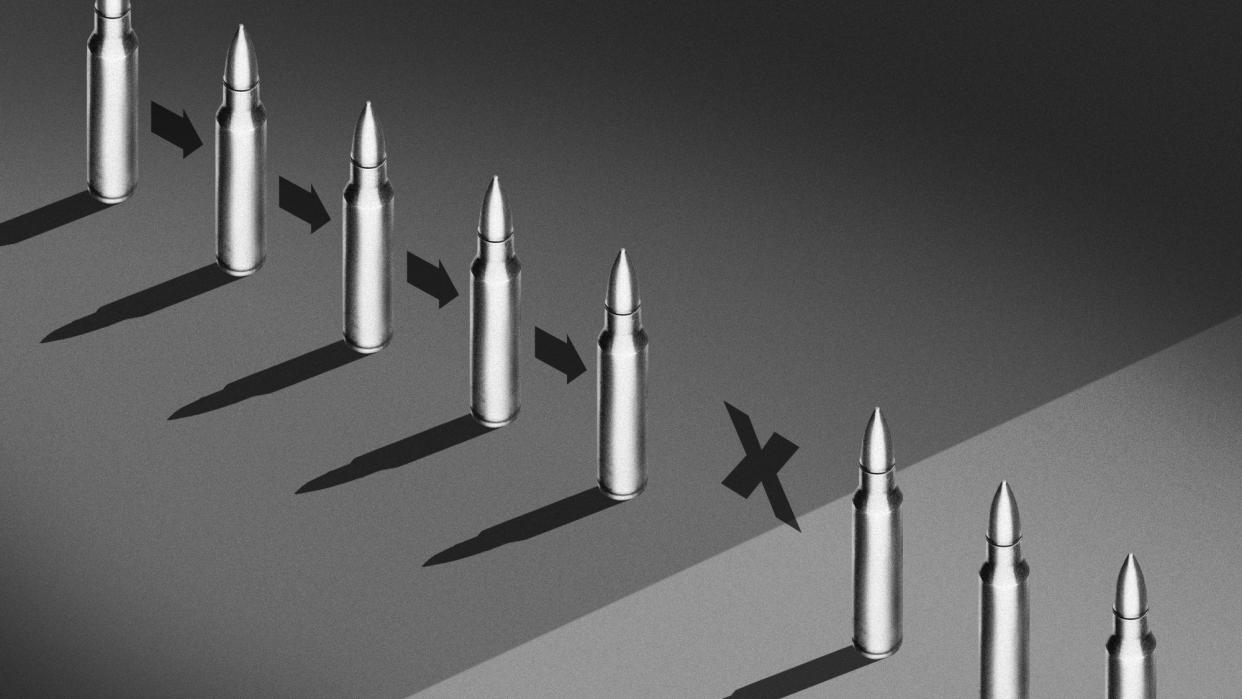How close is a Israel-Hamas ceasefire deal?

Hamas has accused Israel of "stalling" over ceasefire negotiations as bombardment of Gaza increases, despite Israel's assurance that the most intense phase of the war "is about to end".
This week, Qatari and Egyptian mediators in Doha "stepped up efforts" to end the nine-month war, said The Guardian, by hashing out a deal that would secure the release of the remaining Israeli hostages in Gaza and some of the "many Palestinians jailed in Israel". Ahead of more talks in Cairo on Thursday, a senior US official told The Washington Post that "the framework is agreed" for such a deal. However, the US has said that "gaps" remain between Israel and Hamas on a hostage release deal.
But the militant group claimed that mediators, backed by the US, have not provided updates regarding the current round of talks. "The occupation continues its policy of stalling to buy time to foil this round of negotiations, as it has done in previous rounds," said the group in a statement on Thursday.
What did the commentators say?
"After months of agonising negotiation, the Biden administration appears close to a ceasefire deal that would halt major fighting in Gaza, release some Israeli hostages and surge humanitarian aid to desperate Palestinian civilians," said The Washington Post. Such an agreement would be a "ringing validation" of the US president's "patient diplomacy" – and would reflect "the exhaustion of both sides".
Hamas is in "rough shape", running low on supplies and facing "growing pressure from battered Palestinian civilians, who are increasingly vocal in demanding a truce".
More than 38,345 Palestinians have been killed and 88,295 have been injured since 7 October, the Hamas-run Gaza health ministry said on Thursday. A recent study published in The Lancet estimated that the true death toll of the war could reach more than 186,000.
For its part, Israel "wants to rest its troops" to prepare for a potential war with Iran and its proxy in Lebanon, Hezbollah, said The Washington Post. Although Benjamin Netanyahu has reduced the number of soldiers in southern Gaza in recent weeks, increasingly intense airstrikes have pounded Gaza City and Rafah. This week, Israeli military told all Palestinian civilians to leave Gaza City and head south.
But although the war is "costly" for Israel, and senior military officials "seem to have become convinced that the war is unwinnable", Netanyahu still has broad support from the public and his coalition cabinet, wrote Paul Rogers, professor of peace studies at the University of Bradford, on The Conversation.
In April, Israel's far-right security minister, Itamar Ben-Gvir, warned that if Netanyahu ends the war on Gaza without "an extensive attack on Rafah" to defeat Hamas "he will not have a mandate to continue serving as prime minister".
What next?
“Chances of reaching a ceasefire deal are, and always have been, slim", said Rogers.
The campaign in Gaza has included the "widespread destruction of civilian infrastructure", including schools, medical centres, water treatment plants and all 12 universities, as well as "tens of thousands of homes". And even this "has not brought Hamas to its knees".